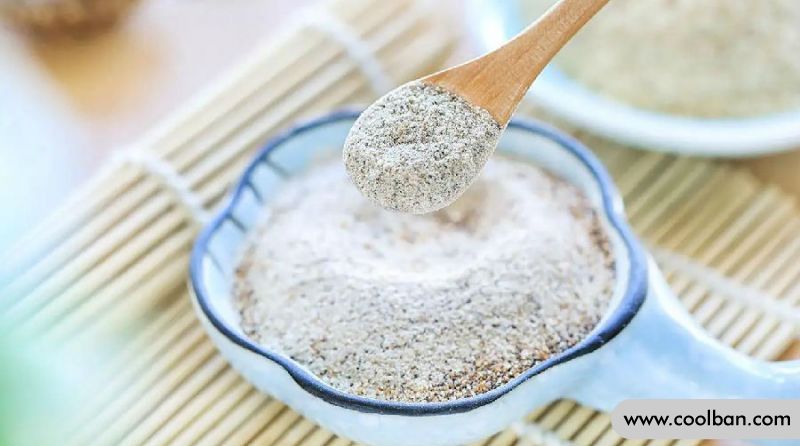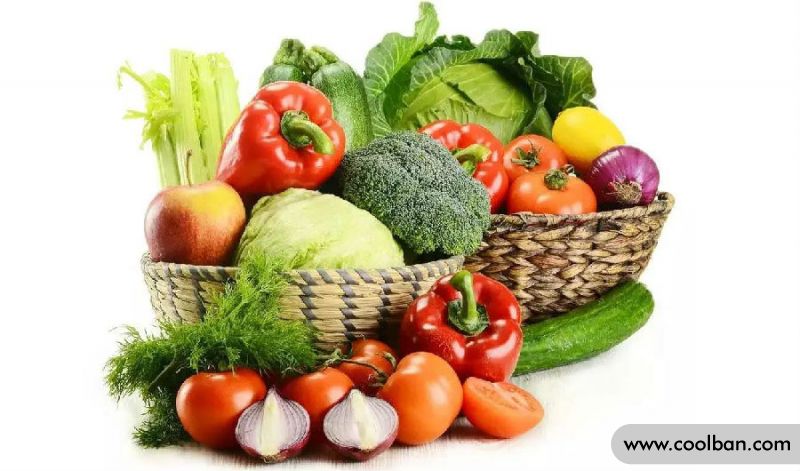What should I do if my baby is potassium deficient? What to eat to supplement potassium?
Why is potassium deficient in infants? What are the symptoms of potassium deficiency in babies? Babies are still young and can't speak, but mothers can judge by their baby's symptoms. If your baby vomits, has diarrhea, and sweats a lot, then your baby may be deficient in potassium! So, does the baby need treatment for potassium deficiency? In fact, mothers do not need to worry, as long as the baby can be supplemented with potassium in time.

Causes of potassium deficiency in babies
Potassium deficiency in babies can be divided into two types: acquired nutritional deficiencies and congenital genetic types. Clinical and pathological is divided into C potassium deficiency and C potassium deficiency.
There are many reasons for the baby's acquired nutritional potassium deficiency, such as frequent vomiting, diarrhea, profuse sweating, and long-term gastrointestinal drainage, which increases the excretion of potassium from the digestive tract, thereby causing the baby to lack potassium.
Congenital genotypes are difficult to treat, especially hereditary potassium deficiency, which requires scientific development and genetic modification therapy to be completely cured.
Symptoms of potassium deficiency in babies
Potassium is an indispensable element for the human body. The concentration of potassium in human serum is only 3.5 to 5.5 mmol/L. Its main function is to maintain the normal function of nerves and muscles, maintain acid-base balance, participate in energy metabolism, and maintain normal neuromuscular function. Therefore, once the human body is deficient in potassium, not only energy and physical strength will be reduced, but also the heat resistance capacity will be reduced. What are the symptoms of potassium deficiency in babies? Specifically the following symptoms:
Symptom 1: When potassium is deficient in the body, it will cause the baby to be weak, weak, weak heartbeat, and dizzy. Severe potassium deficiency can also lead to paralysis of the baby's respiratory muscles and death.
Symptom 2: Low potassium will slow down the baby's gastrointestinal motility, cause intestinal paralysis, and aggravate symptoms such as anorexia, nausea, vomiting, and abdominal distension.
Symptom 3: Rapid and irregular heartbeat, muscle weakness, numbness, irritability, nausea, vomiting, diarrhea, low blood pressure, confusion and apathy.
The harm of potassium deficiency in infants
What are the dangers of severe potassium deficiency in babies?
Potassium deficiency can cause loss of appetite, nausea, vomiting and, in severe cases, intestinal paralysis, diarrhea, and intestinal infarction.
Potassium is involved in maintaining neuromuscular excitability, and when the body is deficient in potassium, it can lead to generalized weakness, blunted or absent tendon reflexes in the most prominent muscles of the extremities. In severe cases, paralysis may occur.
Involvement of the respiratory muscles can cause slow breathing and, in severe cases, difficulty breathing or sudden cessation and death.
Severe potassium deficiency can cause damage to a variety of tissues, with the kidneys and heart being the most damaged.
Potassium deficiency can lead to arrhythmias due to increased myocardial excitability, and in severe cases, death due to ventricular fibrillation. In addition, it can also be manifested as fatigue, unresponsiveness, lethargy or irritability, and in severe cases, confusion may occur.

What medicine is good for babies with potassium deficiency
Only when severe potassium deficiency is achieved is it treated by taking or injecting medication. There are currently two ways to treat potassium deficiency:
Method 1: Oral
Oral potassium supplementation is generally used, and the adult preventive dose is 30-40 ml/day of 10% potassium chloride (13.4 mmol potassium per gram of potassium chloride). Oral potassium chloride is prone to gastrointestinal reactions, preferably potassium citrate (1g potassium citrate contains 4.5mmol potassium).
Method 2: Injection
Intravenous potassium chloride is used in patients who cannot take orally or who are severely potassium deficient. The commonly used concentration is 1.0L of 5% glucose solution, plus 10-20ml of 10% potassium chloride, and each gram of potassium chloride must be instilled evenly for more than 30-40min, not intravenous injection. The amount of potassium supplementation depends on the condition. For prevention, adults generally supplement potassium chloride 3-4g/d, and the treatment is more than 4-6g.
How to make up for potassium deficiency in babies
Since the baby's potassium deficiency is divided into congenital potassium deficiency and acquired potassium deficiency, potassium supplementation for the baby is also handled separately, and the right medicine is prescribed. Experts point out that children should consume 1,600 mg of potassium per day and adults 2,000 mg per day. If your baby is born with potassium deficiency, you can make your baby eat more potassium-rich foods. Seaweed, seaweed and other seaweed foods contain more potassium, so seaweed soup, seaweed steamed fish, kelp silk, seaweed winter melon soup, etc. Spinach, amaranth, green garlic, green onions, broad beans, edamame, etc. are also high in potassium; grains such as buckwheat noodles, cornmeal, and sweet potatoes contain more potassium. In addition, eating more potassium-containing fruits is also good for potassium supplementation. Among the fruits, bananas and watermelons are the most abundant, and drinking more tea is also conducive to potassium supplementation. If it is congenital potassium deficiency, as long as you can carry some potassium chloride-type potassium tablets with you (to stimulate the gastrointestinal mucosa, you can take it after meals), and often supplement the baby with potassium. In addition, you can also try Chinese herbal medicine for treatment.
Experts also point out that eating more magnesium-containing foods also helps maintain potassium in cells, while consuming too much sodium, alcohol, and sugar; taking diuretics, light doses, corticosteroids, and psychological stress can hinder potassium. absorb.
